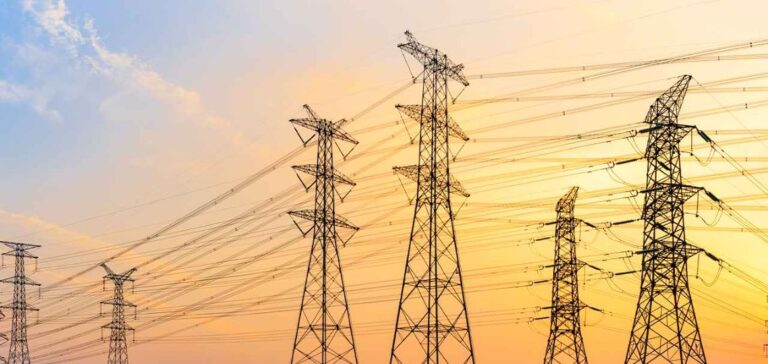Global energy demand increased by 2.2% in 2024, marking a significant acceleration from the 1.3% average annual growth recorded between 2013 and 2023, according to the Global Energy Review published by the International Energy Agency (IEA) on March 24. This growth was mainly driven by a sharp rise in electricity consumption, which accounted for nearly half of the increase. Emerging and developing economies contributed over 80% of the expansion, while advanced economies, after several years of decline, recorded a near 1% increase in energy demand.
Acceleration in electricity demand
The power sector saw a marked rise, with global electricity consumption up by 4.3%, equivalent to approximately 1,100 additional terawatt-hours. This growth was attributed to record global temperatures increasing cooling needs, transport electrification, data centre expansion and the rise of artificial intelligence. Most of the increase was absorbed by low-emission sources, supported by a global record of 700 gigawatts in newly installed renewable capacity.
Expansion of nuclear and natural gas capacity
Nuclear power also made a notable contribution, reaching its fifth highest level of expansion in the past 30 years. Combined with renewables, these sources accounted for 80% of the rise in global electricity generation in 2024, reaching 40% of total production for the first time. Natural gas demand rose by 115 billion cubic metres, posting an annual increase of 2.7%, the highest among fossil fuels.
Slower oil growth, localised coal increase
Oil consumption rose more moderately by 0.8%, with reduced road transport demand offset by increases in aviation and petrochemical usage. Oil’s share of global energy demand dropped below 30% for the first time in over half a century. Coal demand increased by 1%, half the growth rate of 2023, mainly due to heatwaves in China and India.
CO₂ emissions and economic dynamics
Energy-related carbon dioxide emissions rose by 0.8% to 37.8 billion tonnes, tempered by the rapid adoption of low-emission technologies. Since 2019, widespread deployment of solar panels, wind turbines, electric vehicles and heat pumps has prevented an estimated 2.6 billion tonnes of CO₂ annually. In advanced economies, emissions declined by 1.1%, returning to levels last seen 50 years ago, despite their combined GDP having tripled over the same period.






















